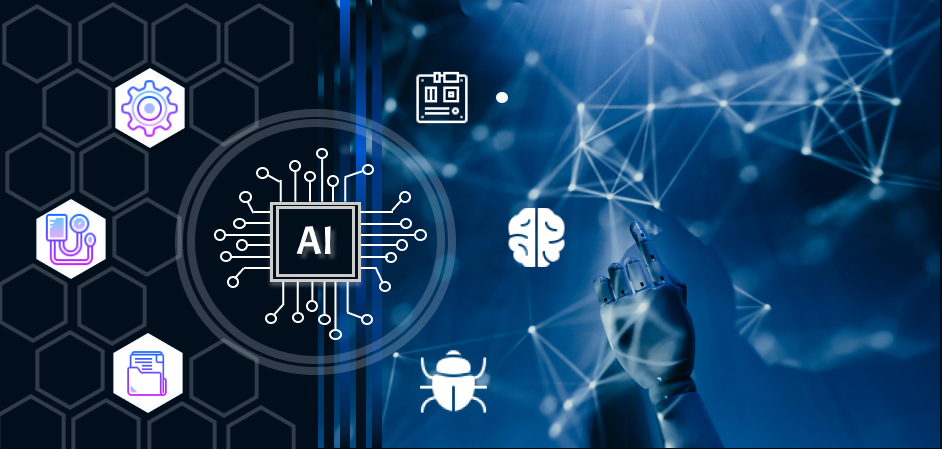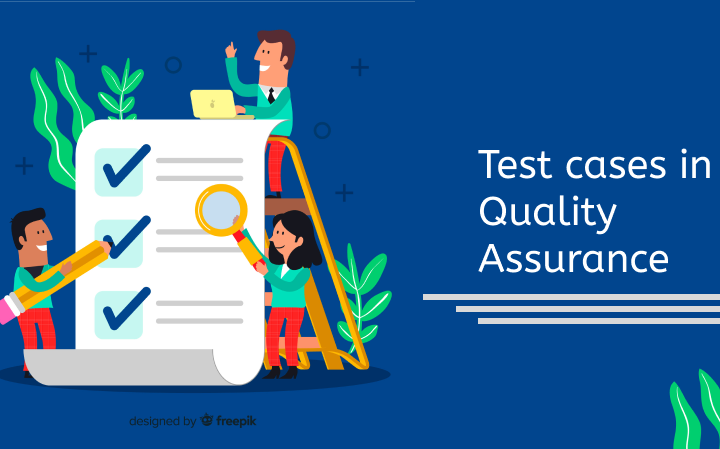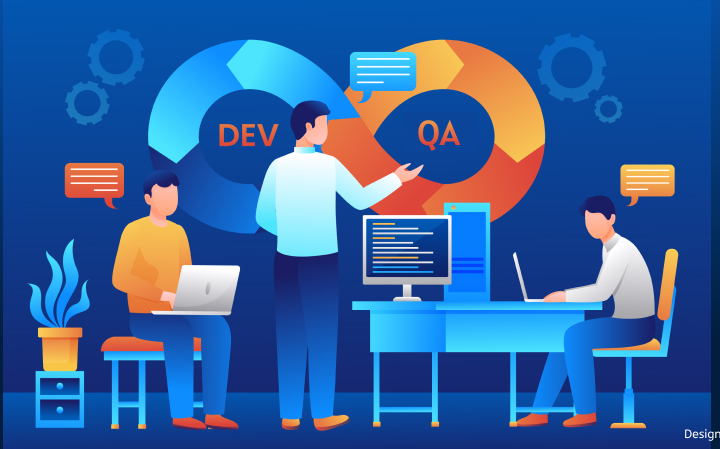Unlocking Efficiency and Accuracy: Harnessing Artificial Intelligence
for Next-Level Quality Assurance Testing
Artificial Intelligence has reshaped the landscape of almost every industry and QA industry was not left behind. In the QA industry, the AI Testing has become the norm in short span bringing incredible advancements in the way software testing was thought and done.
AI is increasingly being utilized in software testing for various purposes, primarily to enhance efficiency, accuracy, and effectiveness.
Traditional software testing primarily relies on manual efforts, while AI testing incorporates automated test case generation, execution, and analysis using AI algorithms.
What is AI testing?
AI testing entails assessing the functionality, performance, and reliability of a system using AI assistance. While it employs fundamental techniques akin to those in traditional software testing, AI has substantially enhanced these methodologies.
Software testing typically refer to a hybrid testing method, which combines automated and manual testing approaches. Automation testing tools are employed by testers to execute repetitive test cases, allowing them to allocate more attention to tasks demanding human reasoning, such as decision-making and strategic planning.
Once integrated with AI capabilities, these tools will support testers in executing complex human reasoning tasks. This integration will elevate the scalability of these tools to new heights, enabling testers to transition towards more strategic responsibilities gradually. Evolving from mere “testing tools,” they emerge as AI-driven testing solutions.
AI testing can be considered as testing of AI based systems often referred to as “testing for AI.” AI based systems incorporate various AI techniques, such as natural language processing (NLP), computer vision, machine learning, deep learning, and expert systems. These AI technique’s objective is to process tremendous amount of data to identify patterns, behaviours and make informed intelligent decisions.
Evaluating AI systems follows a process similar to that of testing other systems, encompassing steps from requirement analysis to test cycle closure. A notable distinction is that AI systems often exhibit exceedingly complex, diverse, and highly probabilistic behaviours.
Benefits of AI testing
Test Automation
AI-powered tools can automate the process of test case generation, execution, and result analysis. These tools can intelligently identify test scenarios, prioritize test cases, and adapt to changes in the software, thereby reducing manual effort and accelerating the testing process.
Defect Prediction and Prioritization
AI algorithms can analyze historical data from previous testing cycles and identify patterns to predict potential defects. This helps prioritize testing efforts on critical areas of the software, improving the overall quality of the product.
Test Case Generation
AI can generate test cases based on various inputs such as requirements, specifications, and user behavior data. These generated test cases can cover a wide range of scenarios, including edge cases and boundary conditions, which might be overlooked in manual test case creation.
Anomaly Detection
AI-powered testing tools can detect anomalies and deviations from expected behavior during the testing process. By analyzing large volumes of test data, AI algorithms can identify unusual patterns or outliers that may indicate potential defects or performance issues.
Natural Language Processing (NLP) for Requirements Analysis
NLP techniques can be used to analyze natural language requirements documents and extract relevant test scenarios and acceptance criteria. This helps ensure that test cases accurately reflect the intended functionality of the software.
Test Environment Optimization
AI algorithms can optimize test environments by dynamically provisioning resources, such as virtual machines or containers, based on the specific testing requirements. This helps reduce infrastructure costs and improve resource utilization.
Regression Testing Optimization
AI can intelligently select and prioritize test cases for regression testing based on factors such as code changes, defect history, and impact analysis. This ensures that critical functionalities are thoroughly tested while minimizing redundant test execution.
User Behavior Simulation
AI-driven testing tools can simulate real-world user interactions and behaviors to test the responsiveness, scalability, and performance of software applications under different usage scenarios.
Cost-effectiveness
By automating testing processes and improving test efficiency, AI can help reduce overall testing costs while maintaining or even improving the quality of the software.



